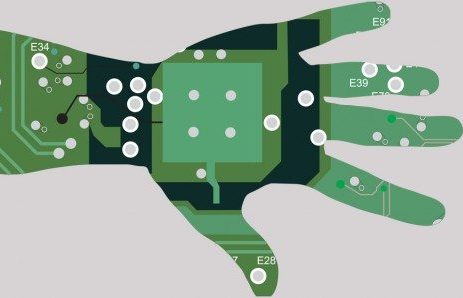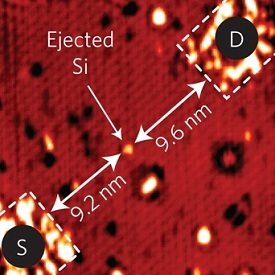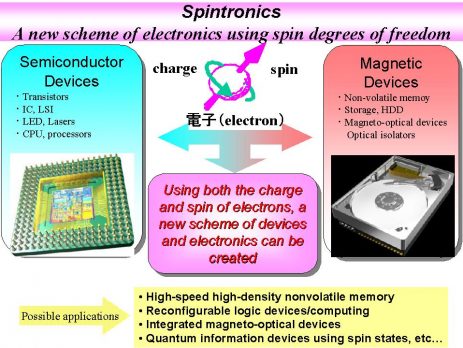Biodegradable Transistors made from Human Body !!!
A team of researchers including Ph.D. students Elad Mentovich and Netta Hendler of TAU’s Department of Chemistry and The Center for Nanoscience and Nanotechnology, with supervisor Dr. Shachar Richter and in collaboration with Prof. Michael Gozin and his Ph.D. student Bogdan Belgorodsky had developed a new generation of nano-sized technology that are both flexible and biodegradable to replace silicon in the field of semiconductor electronics. Researchers have integrated cutting edge techniques from different fields of science to create protein based transistors....





